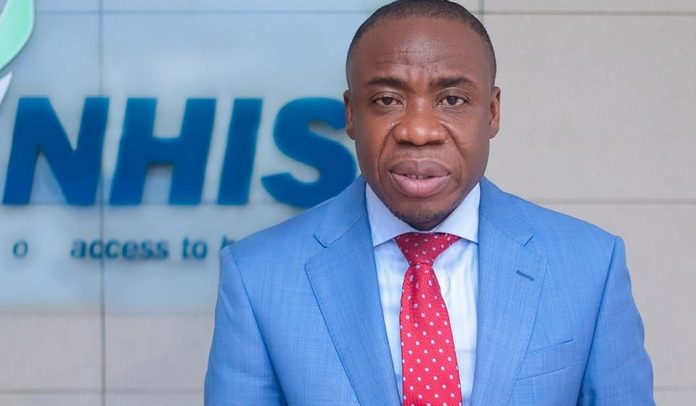Dr. Aboagye Da-Costa
In a recent development, the CEO of the National Health Insurance Authority (NHIA), Dr. Aboagye Da-Costa, has announced that the government will soon disburse GH¢2 million to assist in providing dialysis treatment for the needy.
This move comes after an appeal by kidney patients for government intervention, following an increment in the cost of dialysis at the Korle Bu Teaching Hospital.
The funds, which were approved by Parliament in March this year, are intended to provide relief to those in need of dialysis treatment.
The Korle Bu Teaching Hospital had recently increased the cost of dialysis from GH¢380 to GH¢491, a move that has been deemed illegal by some members of Parliament’s Select Committee on Health.
Dr. Aboagye Da-Costa expressed optimism about the disbursement, stating, “We have made progress on dialysis.
That committee that was set up to implement the disbursement has concluded its report and I can say that within the next few weeks, we will begin the disbursement to the various hospitals.”
He further clarified that the approved funds are specifically for the needy, and will be used to supplement the costs of dialysis treatment at Korle Bu, Komfo Anokye, and the Cape Coast hospitals.
In March, Parliament approved GH¢6.87 billion for the NHIA to cover health insurance claims and other activities for the year.
This allocation also included, for the first time, emergency support for needy dialysis patients.
Dr. Da-Costa revealed that a committee has been set up to evaluate the actuarial model of absorbing dialysis on the National Health Insurance Scheme (NHIS) and provide recommendations.
The committee has already submitted its report, and enhanced funding for dialysis will be made available once the recommendations are implemented.
This move by the government is expected to provide much-needed relief to kidney patients who have been struggling with the rising cost of dialysis treatment.
The disbursement of the GH¢2 million is anticipated to bring some respite to the needy and ensure better access to essential healthcare services.
By Vincent Kubi


